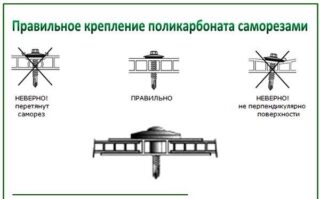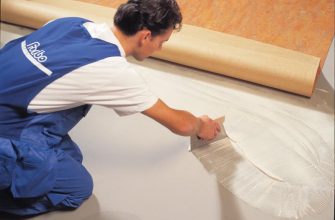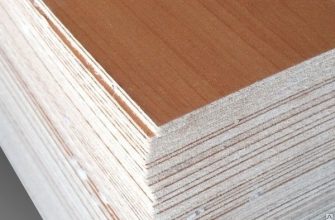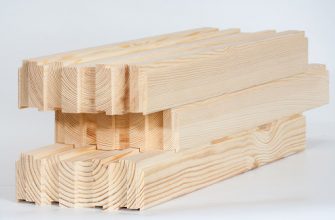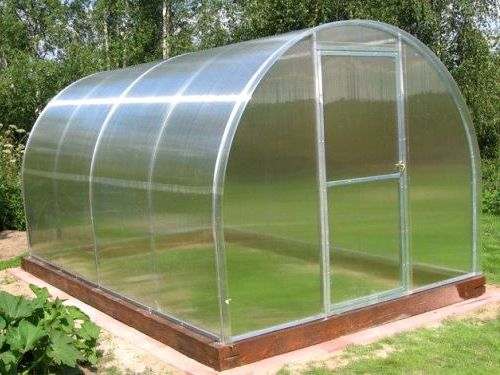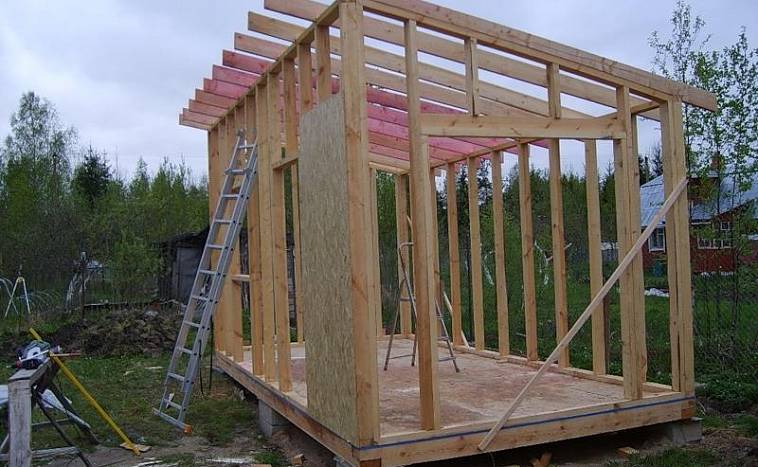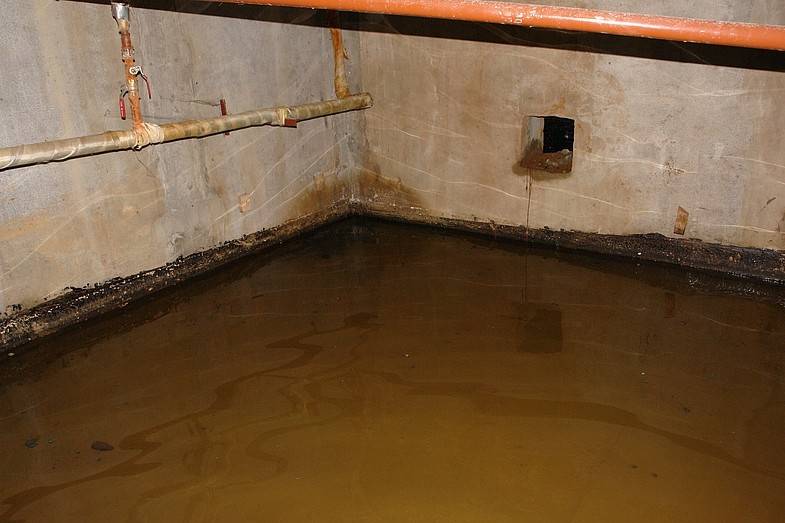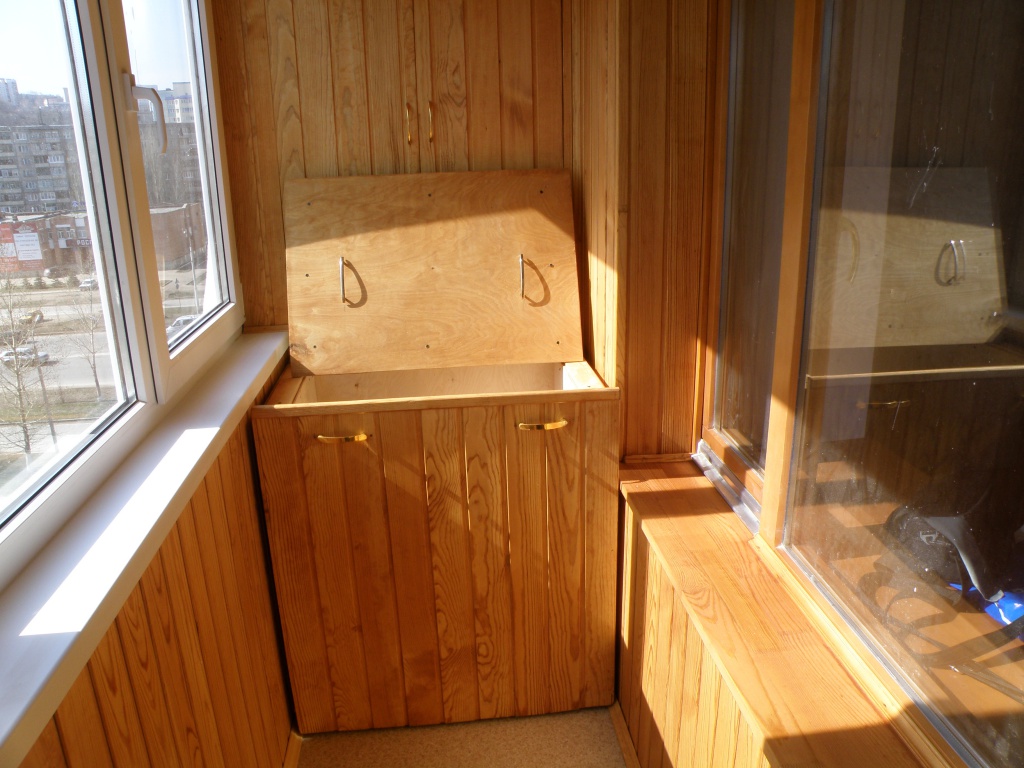Polycarbonate is a popular material used in the construction of greenhouses and greenhouses, the construction of canopies, awnings, and gazebos. However, it is necessary to fasten the material with a special method. To do this, use self-tapping screws for polycarbonate.
Types of self-tapping screws
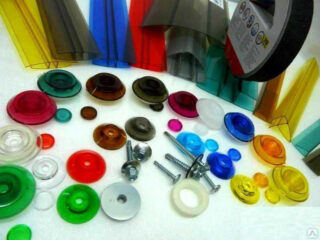
Self-tapping screw in accordance with GOST - a kind of hardware with a threaded notch, a head and a pointed tip. By type, fasteners are divided into 2 groups: for metal and for wood. The pitch of the carving on wood products is larger, since it does not take much effort to sink into the material. The tip is duller. Self-tapping screws for metal have a sharper tip and a smaller thread pitch. This makes it easier to screw into hard, dense material.
The thread pitch to some extent determines the purpose of the fastener. According to this parameter, 3 types are distinguished.
- Coarse threaded screws are used to fasten loose materials such as plastic, wood, drywall, MDF, chipboard, plywood.
- Small threads are low, that is, with threads of the same height - such a product is taken to join hard materials: metal, very hard wood, hard plastic.
- The option with a two-way thread - cutting of different heights, is used to fasten parts made of materials of different densities, for example, sheets of gypsum fiber with a metal profile.
A wide variety of options are available with cuts from 5 to 20 mm and lengths from 10 to 22 cm.
There are also special types of fasteners.
- Self-tapping screws for metal with a thermal washer are suitable for polycarbonate. Such hardware has a large hat. This increases the contact area of the fastener with the surface. This allows high and low density materials to be tightly bonded without damaging the latter.
- Hexagonal - Usually a short, sparsely threaded bolt with a pointed tip. This option is used to fasten large parts. The surface can be not only wood, but also concrete, if a dowel is used.
- Roofing screws - have a drill end and a hex head with a rubber washer. The latter provides a tight connection, but harms thin or brittle material.
- Vandal-proof - self-tapping screws with a specific shape of grooves on the head. You cannot unscrew them with a regular tool.
There are other types of hardware, more specific.
What self-tapping screws are suitable for polycarbonate
Another factor is the material of the frame. For fastening to metal, screws with a drill tip are needed. Otherwise, for each self-tapping screw, you will have to make holes in advance, which is inconvenient. For installation on a wooden frame, you need hardware with a large thread and a blunt tip. And when fixing on concrete, you will have to take dowels.
These features limit the choice of fasteners. The requirements for it are as follows.
- The shape of the cap is recommended hexagonal, with a diameter of 8 mm. This size is optimal for holding a monolithic and honeycomb sheet.
- Type - only the version with a thermal washer is suitable. It consists of a cover, an O-ring and a leg.Thanks to the elastic material padding, the thermal washer provides a tight, but not rigid fastening. When the temperature changes by 12-15 C, polycarbonate increases in volume by 1 mm per 1 sq. m. If this feature is ignored, the sheets crack and crumble in summer.
Thermal washers with polycarbonate lids are preferable, but such fasteners are expensive. More often they take a model with a cover made of impact-resistant copolymers.
For fastening polycarbonate, hardware with a diameter of 4.8 or 5.5 mm is used. A self-tapping screw with a large diameter does not fit into the hole in the thermal washer.
The length of the screw is determined by the thickness of the material. So, when installing polycarbonate with a thickness of 8 mm, a self-tapping screw with a diameter of 4.8 mm and a length of 32 mm is required. But since honeycomb and monolithic are produced in a different range of thicknesses, self-tapping screws are used with a length of 19 to 50 mm.
It is forbidden to use models with polyethylene thermal washers. The material quickly loses its properties in the sun.
Is it possible to fasten the material with roofing screws
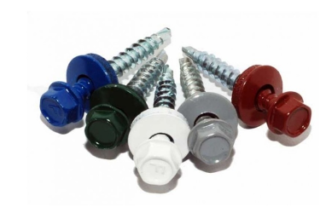
If the area of the fastener product is small - a canopy, a canopy, a section of the fence - you can use a more budgetary option. We are talking about self-tapping screws with a washer for metal. This is beneficial: firstly, such products are usually attached to a metal frame, and in this case it is easier to work with a model for metal. Secondly, a wide bonnet with a gasket prevents damage to polycarbonate.
The diameter of the screws used is the same as for the special ones. And the length is calculated according to the following scheme: the thickness of the washer is usually 4 mm, the thickness of the material, 3 mm of the body of the structure and the length of the drill.
Fastener consumption
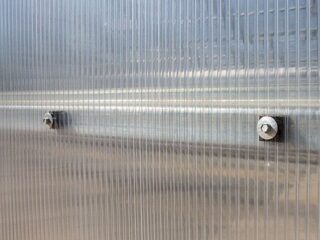
Self-tapping screws for attaching polycarbonate to metal or wood are quite expensive, so it is advisable to calculate their number before work.
The standard step of fixing polycarbonate is 30–40 cm. Less often, it is impossible, since the sheet begins to vibrate under a strong wind, and this ultimately leads to its damage or separation.
However, in the lower part of the mount, the number of screws has to be increased.
The same happens if the sheets are installed on a curved frame. The steeper the bending of the sheet, the greater the load on it. The number of fixation points increases accordingly.
The number of fasteners is influenced by weather conditions. With constant and strong wind loads, the number of self-tapping screws will have to be increased by at least 1.5 times.
The total number of hardware is calculated based on the mounting area and all of the listed features. It is recommended to increase the final value by 10% to prevent possible losses or errors.

